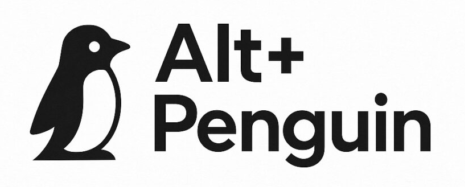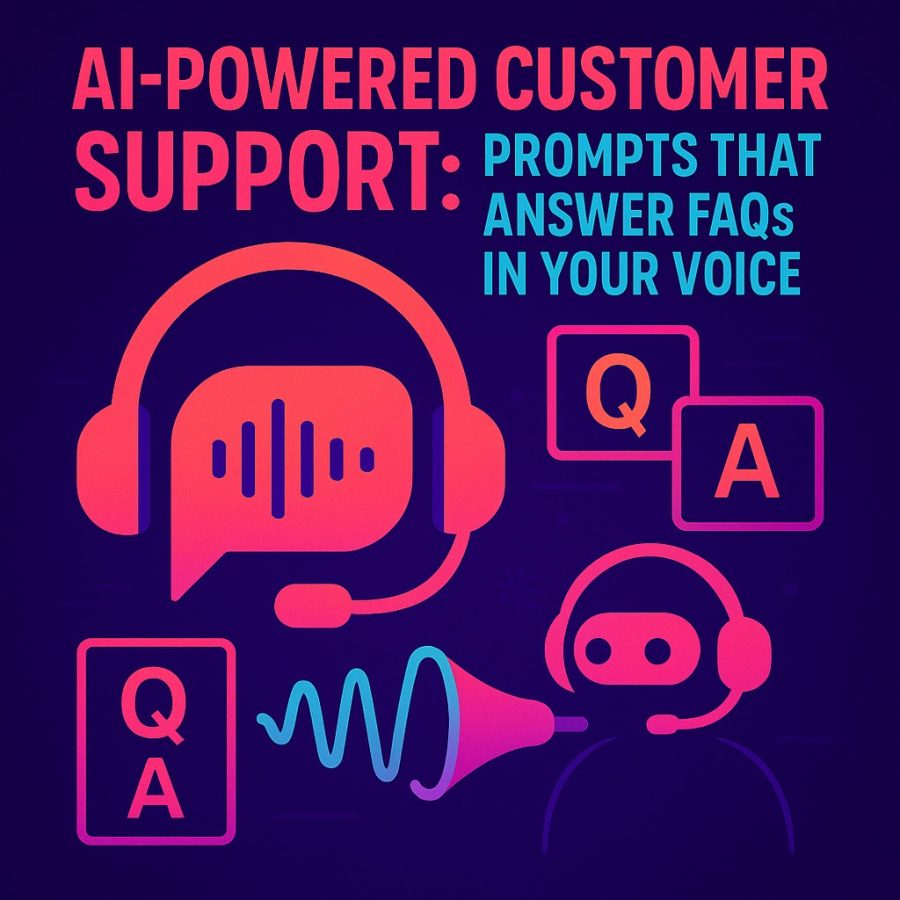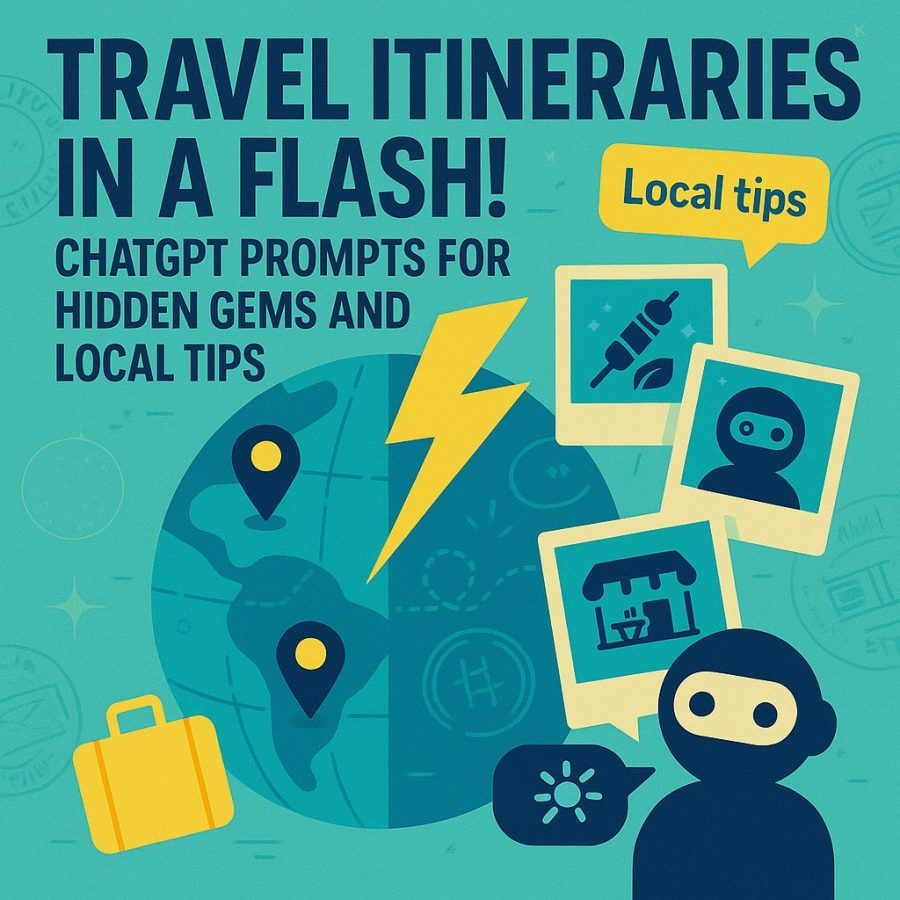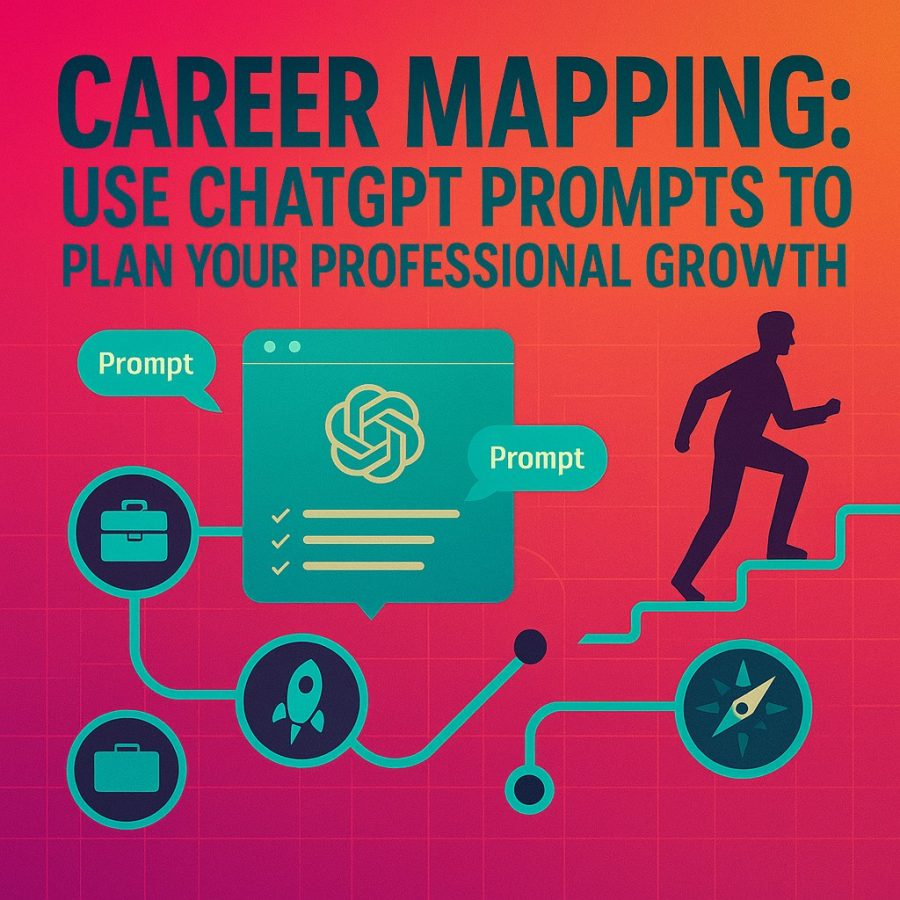Views: 1
Organizing a standout event is a blend of creativity, coordination, and careful execution. Whether you’re hosting a corporate seminar, a product launch, or an intimate celebration, having a clear Event Planning Playbook can mean the difference between a seamless experience and logistical chaos. Today, AI-powered tools guided by targeted AI prompts offer planners an unprecedented advantage: they can help you organize memorable experiences with efficiency, consistency, and a personal touch.
In this detailed guide, we’ll explore how to build your own Event Planning Playbook using strategic AI prompts. You’ll learn how to define event objectives, craft budgets, design engaging agendas, manage marketing campaigns, and evaluate success all with the help of conversational AI. Let’s dive in.
What Is an Event Planning Playbook?
An Event Planning Playbook is a comprehensive, step-by-step framework that outlines every phase of your event organization process. It serves as:
- A Centralized Resource: Consolidates checklists, templates, and workflows into a single reference point.
- A Consistency Driver: Ensures repeatable standards across different events and teams.
- A Knowledge Repository: Captures lessons learned and best practices for ongoing improvement.
By formalizing your strategies in this playbook, you empower team members seasoned and new alike to collaborate smoothly and uphold your brand’s event quality.
The Role of AI in Event Planning
Integrating AI into your Event Planning Playbook brings key benefits:
- Speed: Generate ideas, budgets, and schedules in seconds rather than hours.
- Accuracy: Leverage data-driven insights for venue selection, attendee engagement tactics, and risk assessments.
- Scalability: Easily adapt prompts to events of any size, from small workshops to large-scale conferences.
- Personalization: Tailor communications and experiences based on attendee profiles and feedback patterns.
Using AI prompts, you transform manual tasks brainstorming themes, sourcing vendors, drafting marketing copy into streamlined conversations with your virtual assistant.
Building Your Event Planning Playbook with AI Prompts
Below is a step-by-step blueprint for constructing a robust playbook that leverages AI at every stage.
1. Define Event Objectives and Scope
Prompt Example:
“Act as an event strategist. Help me articulate three clear objectives for a mid-sized tech conference covering attendee learning outcomes, networking goals, and sponsor visibility.”
This prompt ensures your playbook begins with a solid foundation, aligning all decisions with measurable goals.
2. Brainstorm Themes and Concepts
Prompt Example:
“Generate five creative event themes for a sustainability summit, each with a tagline, potential keynote topics, and interactive session ideas.”
With these AI-driven suggestions, you can select a concept that resonates with your audience and stands out in promotional materials.
3. Create a Budget Breakdown and Vendor Sourcing Plan
Prompt Example:
“Draft a detailed budget template for a one-day corporate workshop, including categories for venue, catering, AV equipment, speaker fees, and contingency. Then suggest three reputable vendor types for each category.”
This prompt builds your financial framework and jumpstarts vendor outreach.
4. Design the Agenda and Logistics
Prompt Example:
“Outline a six-hour conference agenda with time slots for registration, keynote, breakout sessions, networking breaks, and closing remarks. Include logistical notes for room setups and AV needs.”
Use the resulting schedule as your master timeline in the playbook.
5. Plan Marketing and Attendee Engagement
Prompt Example:
“Create a multi-channel marketing plan for the event, with email drip sequences, social media posts, and early-bird promotion ideas. Specify timing and key messaging for each.”
This ensures your playbook includes a robust outreach strategy to drive attendance and anticipation.
6. Develop Contingency Plans and Risk Management
Prompt Example:
“List five potential risks for an outdoor gala weather, technical failures, catering delays, safety incidents, and low ticket sales and propose mitigation strategies for each.”
Proactive preparation in your playbook minimizes disruptions and safeguards the attendee experience.
7. Outline Post-Event Evaluation and Feedback
Prompt Example:
“Generate a post-event survey with ten questions covering content quality, logistical smoothness, and overall satisfaction. Then draft an executive summary template to present these findings to stakeholders.”
Capturing feedback and lessons learned cements continuous improvement in your playbook.
Sample AI Prompts for Your Playbook
| Stage | AI Prompt |
| Theme Selection | “Suggest unique event taglines for a leadership summit, focusing on innovation and collaboration.” |
| Venue Comparison | “Compare three venues in downtown Seattle in terms of capacity, cost, accessibility, and AV capabilities.” |
| Speaker Outreach | “Draft a personalized invitation email to a potential keynote speaker, highlighting event objectives and audience demographics.” |
| Sponsorship Packages | “Outline three sponsorship tier packages, including benefits, pricing, and deliverables for exhibitors.” |
| Onsite Staff Coordination | “Create a staffing plan with roles and responsibilities for registration, session moderation, and technical support.” |
| Social Media Content Calendar | “Generate a two-week social media calendar with post captions, hashtags, and image ideas leading up to the event.” |
| Sustainability Checklist | “List eco-friendly practices for event catering, waste management, and printed materials to support a green event initiative.” |
| VIP Guest Management | “Draft a VIP welcome packet including agenda highlights, exclusive lounge access instructions, and a welcome letter.” |
| Live Polling and Interaction | “Recommend three interactive polling tools and draft example questions to increase attendee engagement during breakout sessions.” |
| Post-Event Report | “Summarize key metrics attendance numbers, session ratings, social media mentions and suggest recommendations for next year’s event.” |
Feel free to customize these prompts with your event’s unique parameters dates, location, industry focus to enrich your Event Planning Playbook.
Integrating the Playbook into Your Workflow
- Choose an AI Platform:
Select a conversational AI tool (e.g., ChatGPT, Bard, or a dedicated event-planning assistant) that supports prompt libraries and API access. - Centralize Documentation:
Store your playbook in a shared space Notion, Google Drive, or a project management system to enable real-time collaboration and version control. - Automate Routine Tasks:
Use integrations (Zapier, Make) to trigger AI prompts based on project milestones like issuing the venue comparison prompt once the date is set. - Assign Ownership:
Delegate specific sections of the playbook (budgeting, marketing, logistics) to team members, equipping them with corresponding AI prompts. - Iterate and Update:
After each event, review outcomes against playbook recommendations. Refine prompts to capture new best practices and evolving standards.
Best Practices and Tips
- Maintain Prompt Clarity: Keep each AI prompt focused on one objective to ensure precise, actionable responses.
- Document Prompt Versions: Track changes to prompts what worked, what required tweaking to build a prompt playbook history.
- Balance AI with Human Insight: Use AI for structure and data, but apply your expertise for creative decisions and personal touches.
- Test Early and Often: Validate AI-generated outputs in a dry run sample budget numbers, mock-up agendas to catch gaps before launch.
- Build in Flexibility: Allow room in your schedule and budget for last-minute adjustments; guide AI to suggest alternative options when constraints arise.
These practices will help you harness AI’s power while maintaining control over your event’s unique character.
Conclusion
An Event Planning Playbook powered by AI prompts equips you to organize memorable experiences with confidence and consistency. From goal-setting and theme development to budget management, marketing, logistics, and post-event evaluation, strategic prompts guide every phase of your event lifecycle. By integrating these conversational workflows into your existing processes, you’ll save time, reduce errors, and deliver high-impact events that resonate with attendees and stakeholders alike.
Embrace this AI-enhanced approach today: compile your prompt library, centralize your playbook, and start hosting standout events that leave a lasting impression. With the right playbook in hand, you’re ready to turn every gathering into an unforgettable experience.




